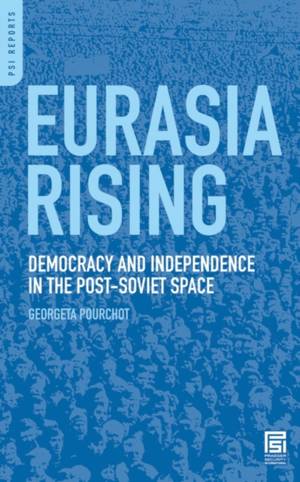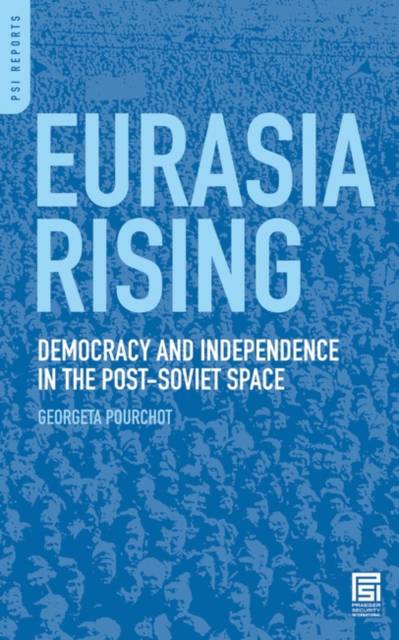
- Afhalen na 1 uur in een winkel met voorraad
- Gratis thuislevering in België vanaf € 30
- Ruim aanbod met 7 miljoen producten
- Afhalen na 1 uur in een winkel met voorraad
- Gratis thuislevering in België vanaf € 30
- Ruim aanbod met 7 miljoen producten
Omschrijving
Although the score of countries comprising Russia's near abroad (the former non-Russian Soviet republics) and far abroad (the former non-Russian Warsaw Pact states) are behaving with variably increasing independence in their domestic and foreign policies, Russia continues to regard them as remaining within the same core-periphery sphere of influence formerly exerted by the Soviet Union within the same geographic space. Russia misinterprets bids by these countries to adopt liberalizing structural reforms and to join Euro-Atlantic organizations as foreign-inspired and inimical to Russia's security. Whether Russia can learn to recognize that such bids are in fact natural developments of national self-interest will determine whether healthy and mutually beneficial bilateral relations can develop between Russia and the states of her near and far abroad in the 21st century.
No previous study of the dynamics of post-Soviet assertive sovereignty has as broad a geographic scope as Eurasia Rising, which considers the whole of Post-Soviet Space: DT Belarus, Moldova, Ukraine DT_ Estonia, Latvia, Lithuania DT Armenia, Azerbaijan, Georgia DT Kazakhstan, Kyrgyzstan, Tajikistan, Turkmenistan, Uzbekistan DT Albania, Bulgaria, Czech Republic, Hungary, Poland, Romania, SlovakiaSpecificaties
Betrokkenen
- Auteur(s):
- Uitgeverij:
Inhoud
- Aantal bladzijden:
- 192
- Taal:
- Engels
- Reeks:
Eigenschappen
- Productcode (EAN):
- 9780275999162
- Verschijningsdatum:
- 1/07/2008
- Uitvoering:
- Hardcover
- Formaat:
- Ongenaaid / garenloos gebonden
- Afmetingen:
- 155 mm x 236 mm
- Gewicht:
- 385 g

Alleen bij Standaard Boekhandel
Beoordelingen
We publiceren alleen reviews die voldoen aan de voorwaarden voor reviews. Bekijk onze voorwaarden voor reviews.











